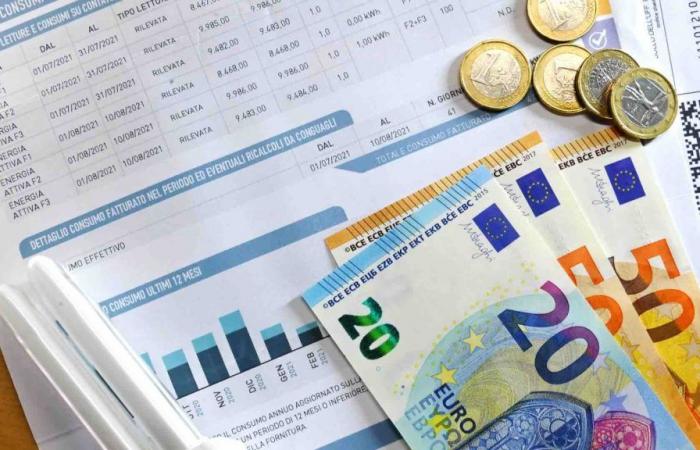In anticipation of 30 June, the day on which the contracts for the protected electricity market will expire, Arera, the Regulatory Authority for Energy, Networks and the Environment, has launched an information campaign called “Ask Arera“. They will be provided tools and tips for consumers via radio and TV, with tutorials for protect yourself from aggressive call centers during this contract renewal period.
How to respond to an operator who calls?
First, the customer has the opportunity to ask who they are talking to and the reason for the call. It is essential take the necessary time to evaluate the offer received, after knowing the final price. Of fundamental importance is the right of withdrawal from the contract, expected within 14 days of signing the agreement. It is important to know that you do not have to provide the PDR and POD codes, i.e. the respective numbers of the electricity and gas meter used to switch the supplier. This is sensitive data that, if given to the wrong people, can cause problems. If you receive an unwanted contract, you can request the agreement document and make a complaint. In the event of an unwanted agreement, you have the possibility of not paying the cost of the supply, as provided for in article 66-quinquies of the consumer code.
Free market vs. vulnerable customers
For some time we have been hearing about the free market, which gives individual domestic users the opportunity to independently choose electricity and gas suppliers. This possibility is not permitted to customers deemed vulnerable, i.e. all those who correspond to certain characteristics to which the protected service is dedicated. Those who have completed i.e. fall into the fragile category 75 years old of age, those who receive social bonuses due to economic disadvantage, those who have serious illness, who resides in the islands who do not have an easily accessible emergency assistance service and who uses the law 104 for disabilities. The free market allows you to change supplier preferences at any time, unlike the non-vulnerable market which can only proceed with changes until June 30th.





